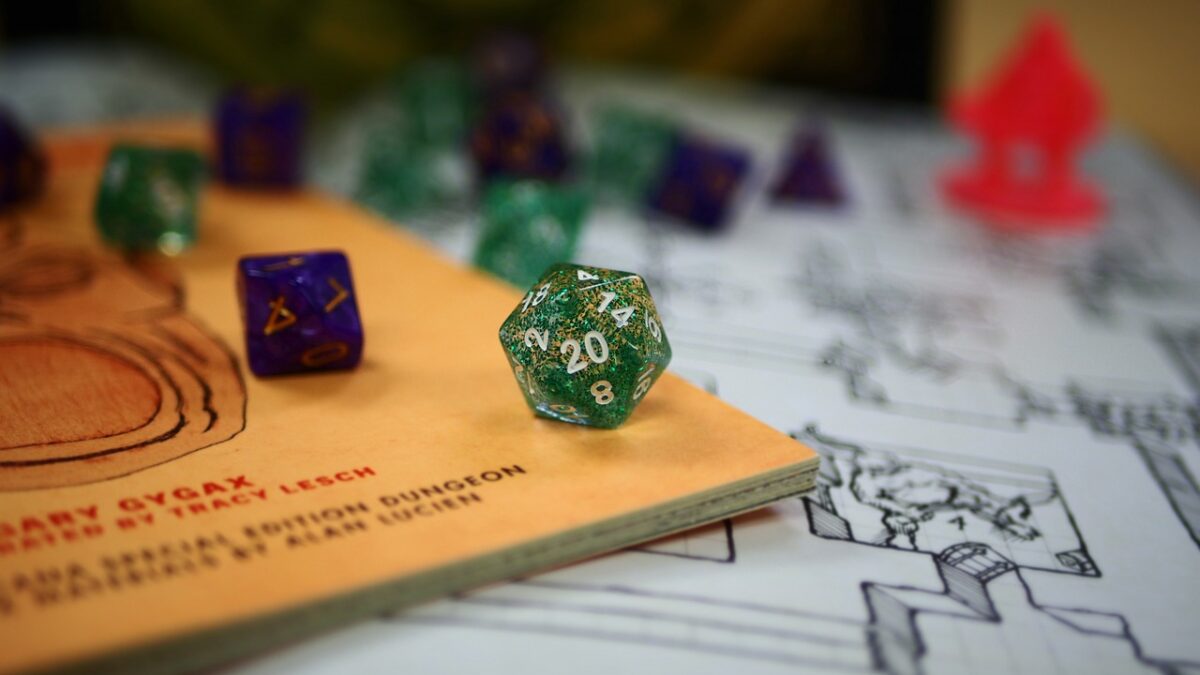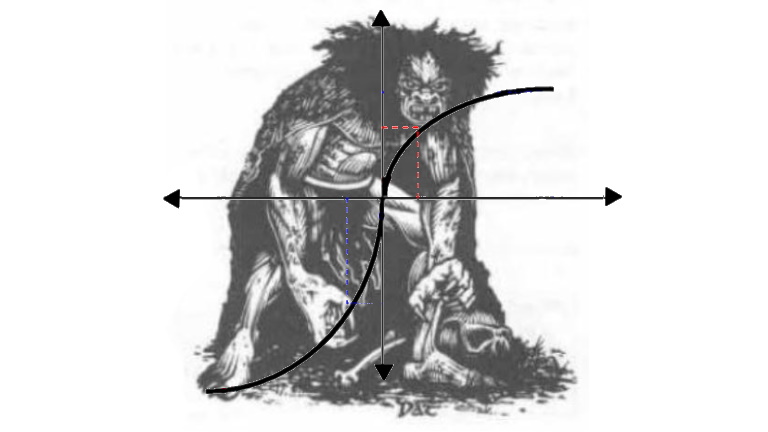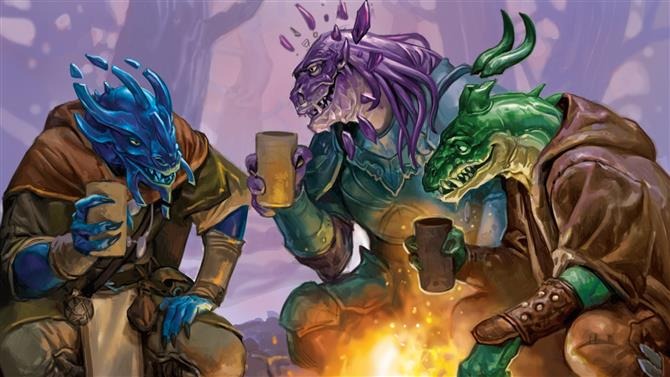Why D&D players prefer to roll their own dice instead of having the DM roll for them.
Research shows that TTRPG players, like those in Dungeons & Dragons, display higher empathy levels, including perspective-taking, compared to the general population, possibly benefiting real-world problem-solving.
How do Dungeons & Dragons players justify bad behavior? And how can a DM use the same tricks to make really bad and really believable villains?
How has one particular quirk of psychology shaped the design of Dungeons & Dragons across editions?
Why you shouldn’t always randomly generate names from a table for the dragons or characters in your D&D game.
How Wizards of the Coast could have leaned into the psychology of collecting to sell more Monsters of the Multiverse
Running games like Dungeons & Dragons is sometimes a thankless job. Dungeon Masters (DMs) have to spend hours prepping for gaming sessions, then be ready to throw it all out and improvise when players decide to seize some random, loose thread and […]





